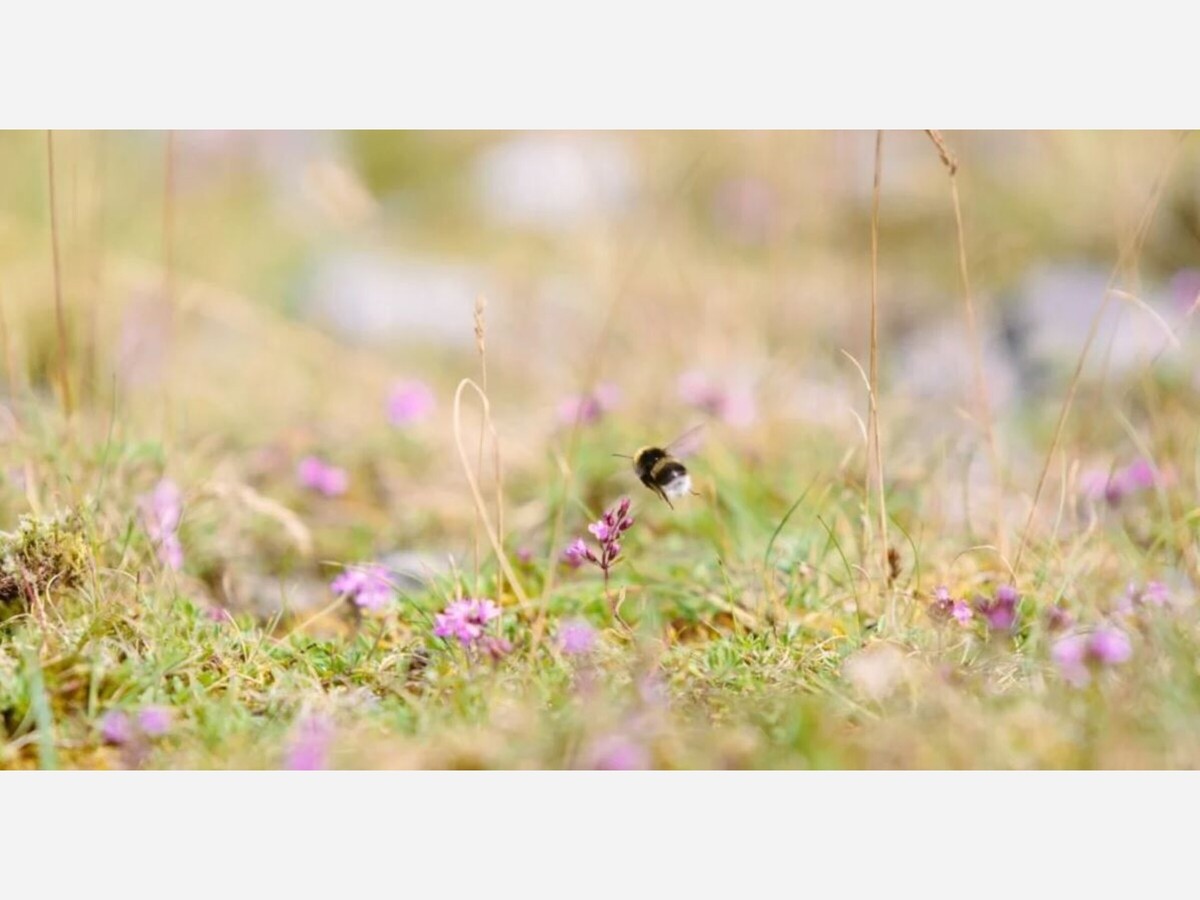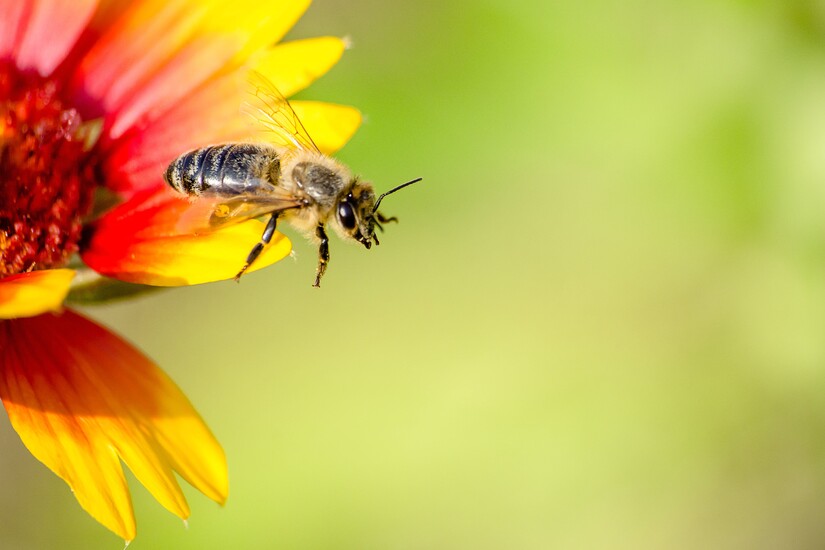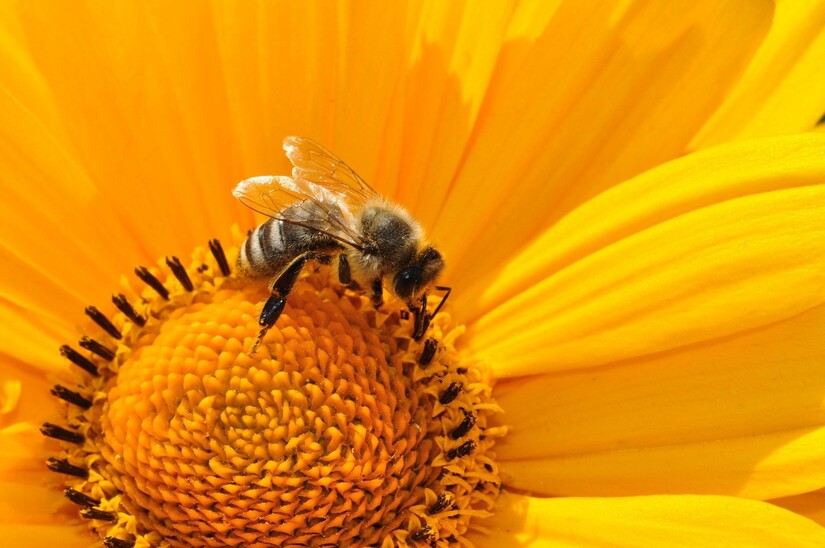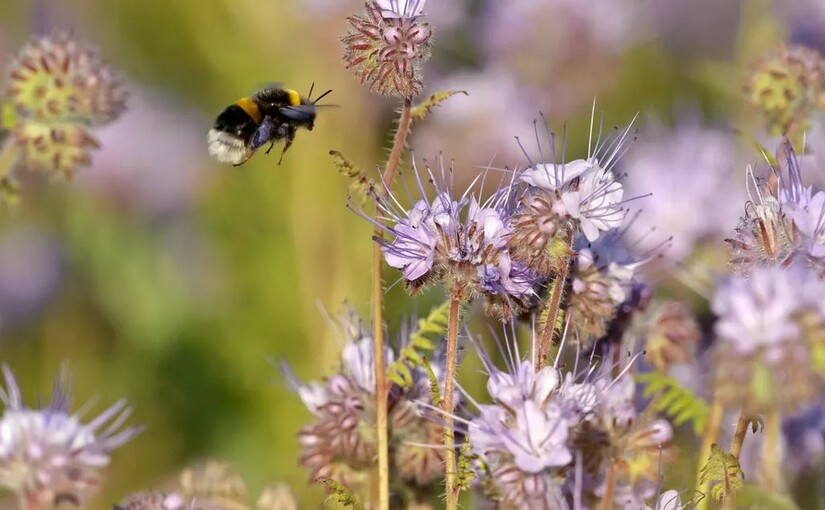Image


BROOKLYN PARK has a fresh take on lawn care this spring — and it's all for the bees and butterflies. Following the widespread embrace of "No Mow May" in 2023, the City Council unanimously approved a retuned initiative, aptly named "Slow Mow May." According to a bulletin released by the city, this rebranding strikes a harmony between humans and habitat, by balancing the aesthetics of a trimmed lawn with the urgent needs of our struggling pollinator populations.

Maintaining a lawn's height at 3 to 4 inches supposedly does triple duty, retaining soil moisture, suppressing weeds, and sheltering vulnerable blooms vital for foraging bees. The city has touted this method as a drought-resistant buffer leveraging the collective restraint of the community's lawn mowers. By delaying the shearing of grass until late May, residents can together provide a more robust buffet for bees emerging from the long winter's slumber, as the initiative's website explains.
Playing hero to the small winged wonders doesn't require much — a simple online registration by May 10 (at no cost) gets the job done. The environment-conscious participants of Brooklyn Park will also receive regular updates and can even snag a complimentary yard sign proclaiming their pledge to passersby. "If you participated in No Mow May in 2023 and kept your sign, please reuse it for the program this year," one of the reminders states, a nod to the sustainability that the program aims to foster.

But the movement isn't just about keeping the mower in the shed. It's also about educating the residents. Workshops, plant sales, and landscape consultations partnering with Metro Blooms are in the offing to transform local green spaces into pollinator paradises. And anyone needing a nudge or nugget of information can buzz Jason Newby, the city's Inspections & Environmental Health Manager, who's all too eager to provide details on planting for pollinators that help support bird reproduction. But this initiative isn't led by one—it's a community-driven effort, as Newby told stakeholders in an outreach campaign, to make Brooklyn Park a benchmark for such eco-conscious programs.

With the stalling of mowers come May, Brooklyn Park residents promise to give their pollinating pals—a critical element to the local ecosystem—a fighting chance. The "Slow Mow May" movement represents a small yet significant step towards a larger, collective action against the dwindling bee populations and troubled butterflies, with hopes of fostering an urban landscape that hums with life and vibrates with variety.
SOURCE: hoodline